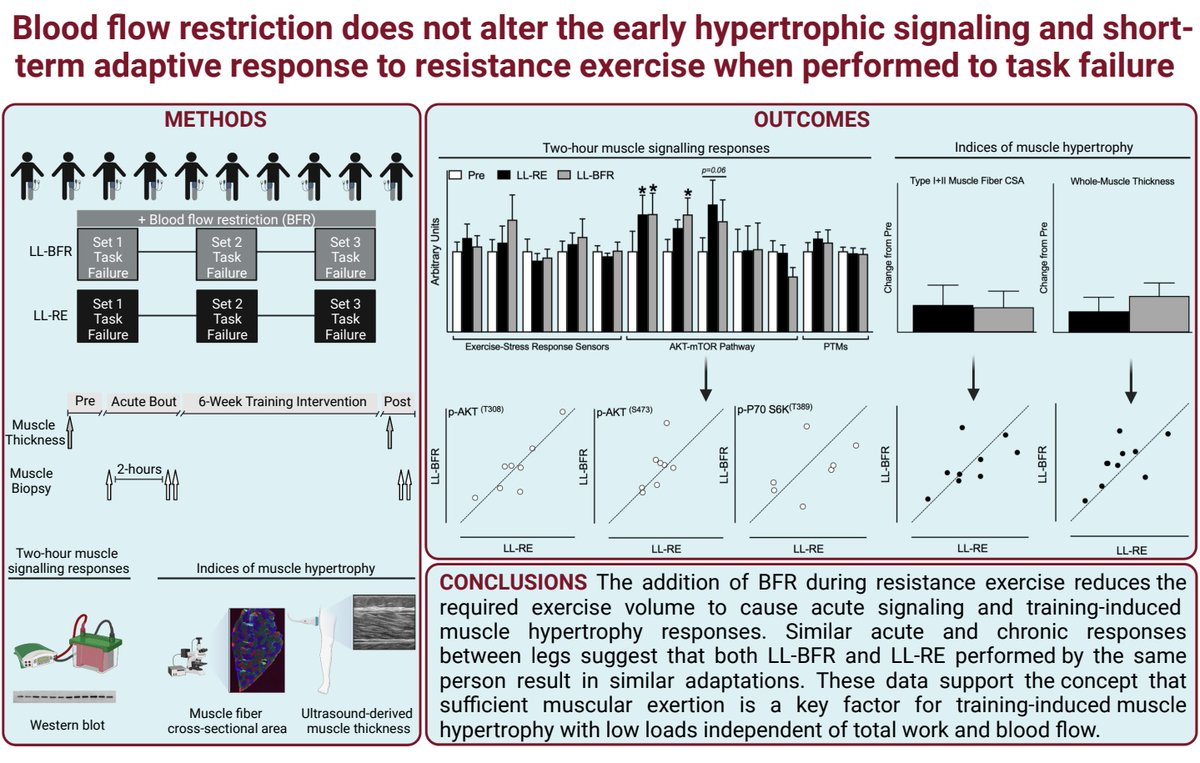The findings of this one may suggest that both individuals with very low and very high levels of circulating IGF-1 may be at an increased risk of cancer mortality, cardiovascular mortality and all-cause mortality. 

- Circulating levels IGF-1 exhibited a U-shaped relationship with all-cause, cancer and cardiovascular mortality.
- For cardiovascular mortality, the U-shaped relationship was stronger in men and in participants who were older than 55 years at baseline.
- Stratified analyses revealed that the risk of mortality among participants with low IGF-1 levels were more pronounced among participants with indications of liver diseases and dysfunction.
- The risk of mortality among participants with low IGF-1 relationship was attenuated but persisted after excluding participants with elevated liver enzymes and other liver conditions...
...suggesting that ill liver health may explain some but not all risk observed in participants with low IGF-1 levels.
- Higher circulating levels of IGF-1 were associated with increased risk of breast and prostate cancer incidence, whereas individuals in the lowest quintile of IGF-1 levels were at increased risk of incident lung cancer.
- Individuals in the lowest quintile of IGF-1 experienced increased hazards of mortality from digestive diseases, especially liver cirrhosis.
IGF-1 and risk of morbidity and mortality from cancer, cardiovascular diseases, and all-causes in EPIC – Heidelberg (open access)
doi.org/10.1210/clinem…
#MetabolicSyndrome #Obesity #cancer
doi.org/10.1210/clinem…
#MetabolicSyndrome #Obesity #cancer
• • •
Missing some Tweet in this thread? You can try to
force a refresh

 Read on Twitter
Read on Twitter







